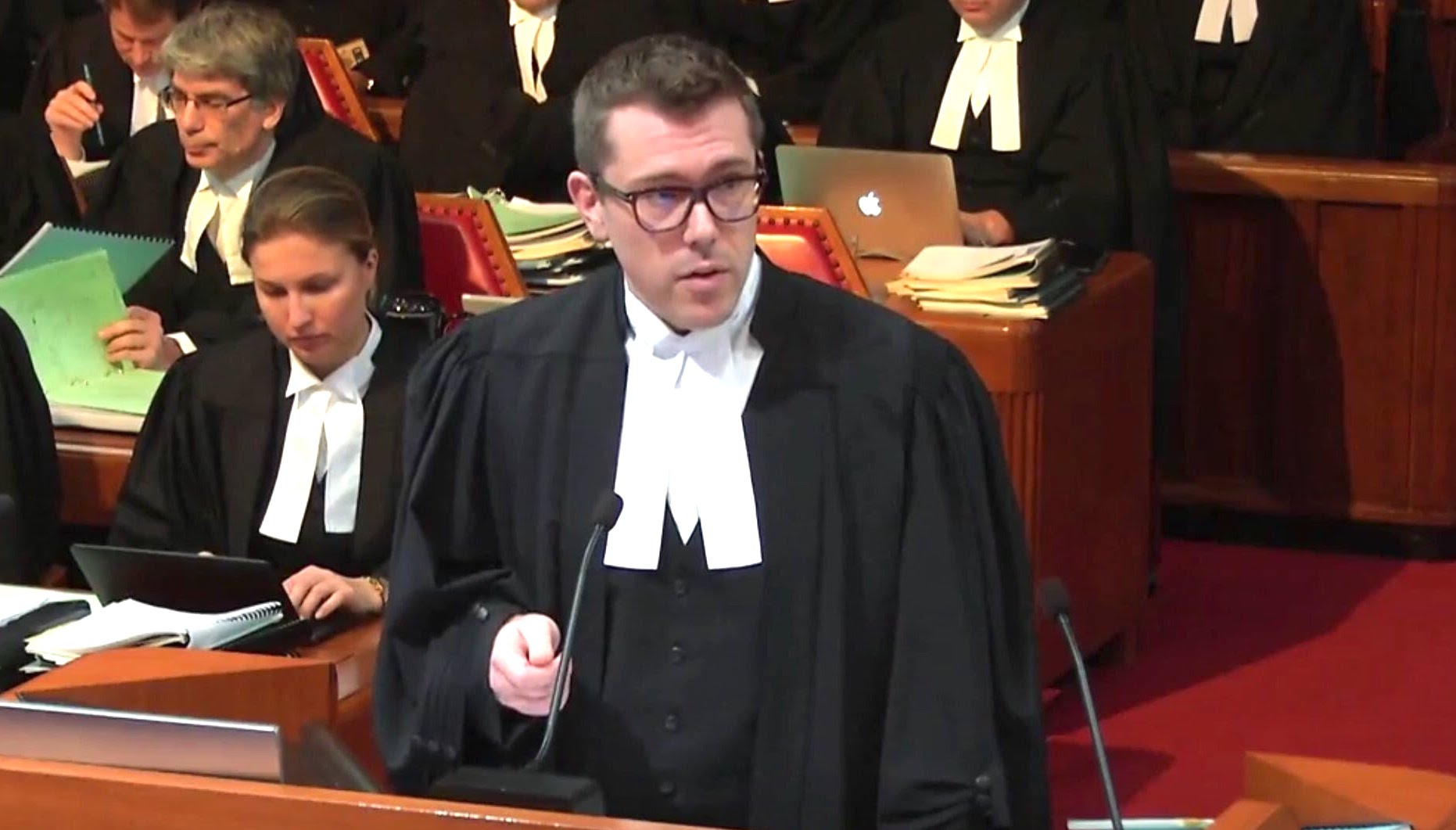Comeau case could mean #CanadianWineForAll! #BCWine2017Top10
#BCWine2017Top10: Number 2
The “Top 10” BC wine stories of 2017 arrives finally at Number 2! This time Canadian wine goes front and centre in the highest court in the land. The Comeau decision, and how the BC wine community rallied is one of the biggest industry stories of the year.
Over the years at BCWineLover.com, we have been documented the national “Free My Grapes” campaign to reduce interprovincial barriers on the sale of wine for personal use, and have written extensively about Bill C-311 — a private member’s bill brought forward by MP Dan Albas to remove federal restrictions on internal trade of liquor — that passed unanimously in the Canadian Parliament back in 2012.
In spite of the political success at the federal level to remove barriers that are limiting Canadians’ access to our own domestically produced wines, provincial governments are still making it costly and even illegal to ship wines over interprovincial boundaries.

Then along came the case of Gerard Comeau, who just wanted to bring home a trunk load of beer into his home province of New Brunswick, after buying it for much cheaper in neighbouring Quebec.
Caught in a sting and handed a nearly $300 ticket for smuggling contraband, Mr. Comeau demanded his day in court. He argued that the prohibition against transporting booze across provincial lines violated Section 121 of Canada’s Constitution Act, 1867, which on any plain reading promises free trade of goods between the provinces. And, lo and behold, he won!
And having won in Provincial Court, and with the Court of Appeal punting it upstairs, Comeau was dragged to the Supreme Court of Canada (SCC) to argue his case.
“An SCC decision supporting Comeau could upend the rules governing how internal commerce and trade are conducted,” commented senior policy advisor Karen Graham (Wine Drops), in a widely read Globe and Mail editorial. “The implications of this in Canada are profound.”
Seeing an opportunity to reset the rules around the direct shipment of wines for personal use within Canada, a group of enterprising and experienced owners of five small to medium-sized BC wineries pooled their resources and mounted a legal action.
R v. Comeau became the first court case in which any winery in Canada has had an opportunity to address the legal barriers to interprovincial shipping of wine made from Canadian grown grapes.
The wineries included 50th Parallel, Painted Rock, Okanagan Crush Pad, Liquidity Wines, and Noble Ridge. They headed a coalition of over 100 wineries that were granted intervener status in the R. v. Comeau appeal at the Supreme Court of Canada in early December.

The wineries then mounted a crowd-funding campaign — promoted as #CanadianWineForAll — to cover some of their legal expenses, and raise awareness of the case.
As it stands, the barriers pose an existential threat to wineries, who need national distribution direct to consumers (DTC) to build a sufficient business for long-term survival. Some suggest that the SCC decision in R. v. Comeau will determine the fate of the BC wine industry for decades to come.
Shea Coulson, counsel for the five winery owners, explained, “The Supreme Court of Canada heard from the two parties to the appeal (the New Brunswick Crown and Mr. Comeau) as well as a couple dozen other “interveners” at the hearing on December 6 and 7, 2017.
After the hearing, the Court could take up to a year to make its decision.
As Graham put it in her G&M op-ed, Comeau’s purchase of 354 bottles of beer could “crack open” Canada’s internal trade barriers and allow the production of domestic wine to flourish. #CanadianWineForAll may yet happen.
Or, it is possible the court will throw out the earlier Comeau decision, and the onerous barriers that hamper Canada’s economy (and its fledgling wine industry) will continue.
Watch BCWineLover.com for news on the SCC decision in the year ahead.
Feature image: Shea Coulson speaking at the Supreme Court of Canada

